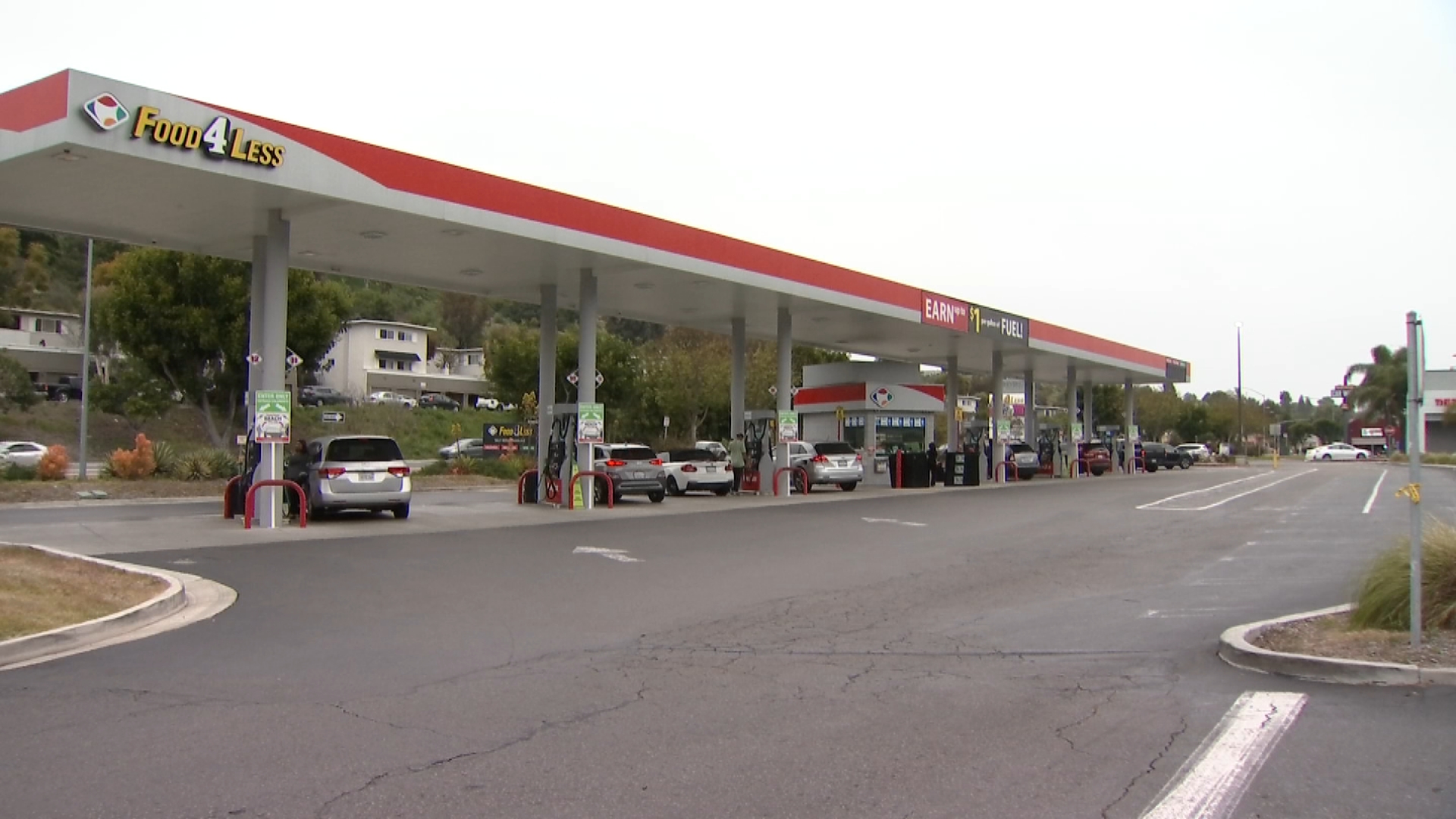A non-stop fire season is taking a big toll on firefighters on the ground, and Cal Fire now confirms that pilots who fight those flames from the air are also dealing with physical and emotional stress.
Unlike their colleagues on the ground, the specially-trained tanker pilots are also leaving their jobs for better-paying work as commercial pilots.
A Cal Fire spokesman confirmed that nine tanker pilots have left the state fire-fighting agency in the past year.
These pilots fly S-2 tankers, two of which are based at the Ramona airport.
Cal Fire confirmed a Sacramento Bee report that up to six agency aircraft have been grounded at once due to staffing shortages this fire season.
According to the Bee’s report, an average of four of the state’s 23 tankers have been grounded on certain days in August due to a lack of trained, experienced and certified pilots.
Retired military and commercial pilot Denny Breslin told NBC 7 it’s no surprise there’s a pilot shortage at Cal Fire.
Local
He said the demands of firefighting -- and this season’s relentless fire storms -- require long hours and cause significant job stress.
“When a fire call comes, you just go,” Breslin said. “It's important, it's necessary, and it saves lives, so you can't change that part of the (job) formula."
Cal Fire tanker pilots have worked six days a week, in the air or on-call, week-in and week-out during this non-stop fire season.
“That makes it tough, the quality of life, and (impacts) how you keep your family together, given the fact that (you’re) going to be gone most of the time."
Breslin said it’s also a very dangerous job, flying solo, low to the ground, through smoke and flames.
“You have to make your way around mountains, around thermals – a lot of them heat-generated by convection columns and fire,” he said. “That’s difficult flying in anybody’s world.”
Cal Fire told NBC 7 that in the past year, three pilots have retired, three left to fulfill military service commitments, one died and two left for new jobs.
According to Transparent California, forestry fire pilots can make more than $200,000 a year in salary and benefits.
But they can make considerably more flying big commercial jets. Breslin said a veteran airline captain who works a series of demanding shift can make $500,000 a year in salary.
Plus, seniority offers definite perks in private industry. And airlines are competing for qualified pilots, because there’s now a significant, industry-wide pilot shortage.
“You get to fly better airplanes, you get more days off, including birthdays, weekends and holidays, the pay and benefits are better, and there’s a generous pension,” Breslin said.
According to the Bee’s report, there are just eight pilots now training at Cal Fire. Some of them are expected to drop out before they complete that program.
Cal Fire confirms it will need 25 and 40 more pilots, in the next few years.



